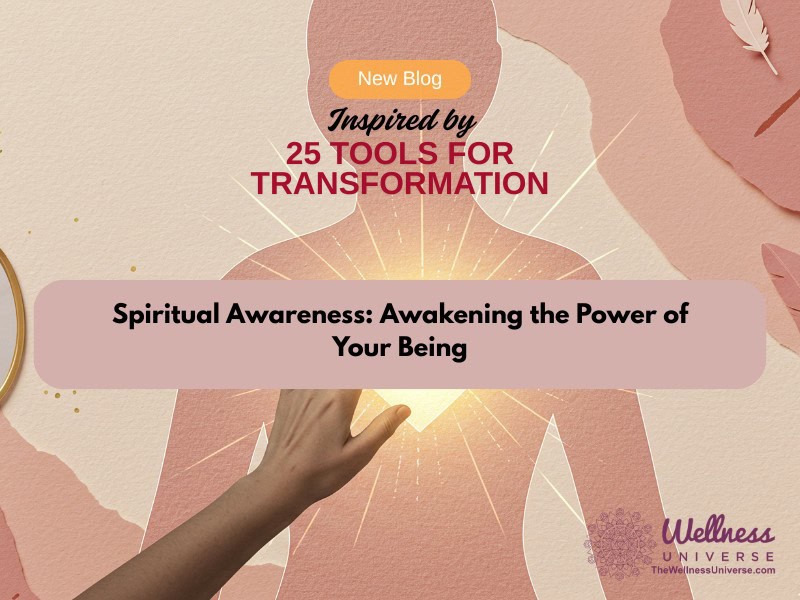Psychopath, sociopath, or narcissist? All three are different but have symptoms that overlap.
The differences are subtle and can be difficult to finesse one from the other. According to the DSM (Diagnostic and Statistical Manual of Mental Disorders), all fall under the Anti-Social Disorder umbrella.
At this point, let me offer a disclaimer. I am not a psychologist, I am not a psychiatrist, nor am I a medical doctor. I am, however, a survivor of narcissistic abuse. Since my release from a 30-year marriage to a narcissist I’ve done much research into this disorder, one I wasn’t aware of at the time of the relationship. My research continues.
The Mayo Clinic describes Narcissistic Personality Disorder as a mental condition in which people have an inflated sense of their own importance, a deep need for excessive attention and admiration, a lack of empathy for others, and have trouble handling anything they perceive as criticism.
These individuals are unlikely to seek treatment or help unless it is court appointed. They don’t want to think, nor do they believe that anything could be wrong and perceive the mere thought of it as an insult to their self-esteem making it difficult to accept and follow through with treatment.
The causes of Narcissistic Personality Disorder aren’t known yet, but psychologists believe they may be linked to:
- Environment
Mismatches in parent-child relationships or parenting styles that are either overprotective or neglectful while exhibiting and offering excessive adoration or criticism.
- Genetics
Inherited characteristics.
- Neurobiology
A faulty connection between the brain, behavior, and thinking.
The signs and symptoms are many and vary from individual to individual.
The question remains, how do you know if you’re in the presence of a narcissistic individual? They could be anyone, your spouse, a parent, a child, your boss, the guy you met at the bar, the gal you bumped into at the coffee shop, or the person you’re dating. Be on the lookout for the basic signs that can put you at risk of narcissistic abuse.
Here Are 5 Ways to Know You’re in the Presence of A Narcissist:
-
It’s All About Me
The conversation revolves around them, their exploits, accomplishments, how wonderful they are. And if they ask about you, it’s usually along the lines of what you think of them or what they shared about themselves. They’re not interested in learning about you. They want to know how or if you view them as the amazing person they think they are.
-
Lack of Reliability
He says he’ll pick you up at a specific time. He’s a no-show or is late. There’s always an excuse and it’s never their fault but brace yourself for the drama in their story. She says she’ll call you at a certain time but never does. When asked, she’ll tell you she was working late and was too stressed or tired to send you a quick text to let you know what was going on.
-
Instant Gratification
They want it and they want it now, be it sex or anything else. And if you don’t give in to their request they’ll criticize you and make you feel like you’re no fun to be with, that there’s something wrong with you.
-
Entitlement
Whatever they desire, they want it and feel they deserve to have it. The promotion that went to his co-worker, the raise he wanted and didn’t receive, the job she applied for but wasn’t successful in securing. If they don’t get what they want, someone will have to pay and that someone will most likely be you.
-
Criticizing
This point goes hand-in-hand with entitlement where they’ll criticize whoever got what they wanted. It can also take the guise of a joke with you as the butt of it. Even if you tell them what they said was not nice, their response will always be, I was only joking! And they’ll be incensed you took offense.
Although basic and obvious these five points relate to the major symptoms of narcissism, which include:
- An exaggerated sense of self-importance
- Sense of entitlement
- Requiring constant and excessive admiration
- Expect to be recognized as superior
- Exaggeration of talents and achievements
- Preoccupation with fantasies of what they view as success and power
- Belief in their superiority
- Envy of others
- Expect special favors
- Easily slighted
If narcissists don’t get what they want they’ll indulge themselves in a myriad of behaviors:
- Take advantage of others to get what they want
- React with rage or contempt
- Belittle the other person to make themselves appear superior
- Discard a partner if they no longer have a need for them or if the partner is no longer playing the role they’re expected to play
- Their motto is “This is the new world order and I will destroy you in court.” And they do. (psychologist Ramani Durvasula, MedCircle interview)
The psychopath, sociopath, and narcissist all exhibit these traits.
These individuals are charming and very intelligent. They know how to study a person and do so to take what they want. Remember, it’s all about them and what they can get to make themselves feel better.
They have no empathy. They want to hurt you and derive pleasure by controlling you in this way (Dr. Ramani Durvasula). Again, it makes them feel superior and alleviates their self-esteem issues. They are great chameleons and easily change from being charming to evil incarnate to get what they want.
And, when they feel they’ve gotten everything they can from you or if you get in their way, they won’t hesitate to dispose of you in the most unceremonious way.
If you’re in a relationship with someone or thinking of entering into one and the individual is exhibiting a combination of the five basic signs of being a narcissist, do yourself a favor and get out, run, and never look back.
Note that if you’ve left the relationship, they may try to come back into your life and win you over because now they know exactly what you want, what you’ll tolerate, and which buttons to push to get you riled up. This brings them pleasure and gives them a false sense of importance and superiority. (psychologist Ramani Durvasula, MedCircle interview)
In the words of Dr. Les Carter, Ph. D. in Clinical Counseling, “Realistically, you will need to possess a healthy fear of the malignant narcissist since they operate outside the norms of decency. But you owe it to yourself to become educated in the ways of narcissistic abuse, not for the purpose of winning, but for the purpose of reclaiming your soul. Simply put, no one has the right to rob you of your dignity.”
– L.E.

Find great products and services for your well-being from members of The Wellness Universe!
As a blog coach and content editor with 40+ years of combined experience as a writer, editor, publications manager, and blog content manager, L.E. offers to help you transform your digital copy into a clear message that will convert your readers into repeat customers.



